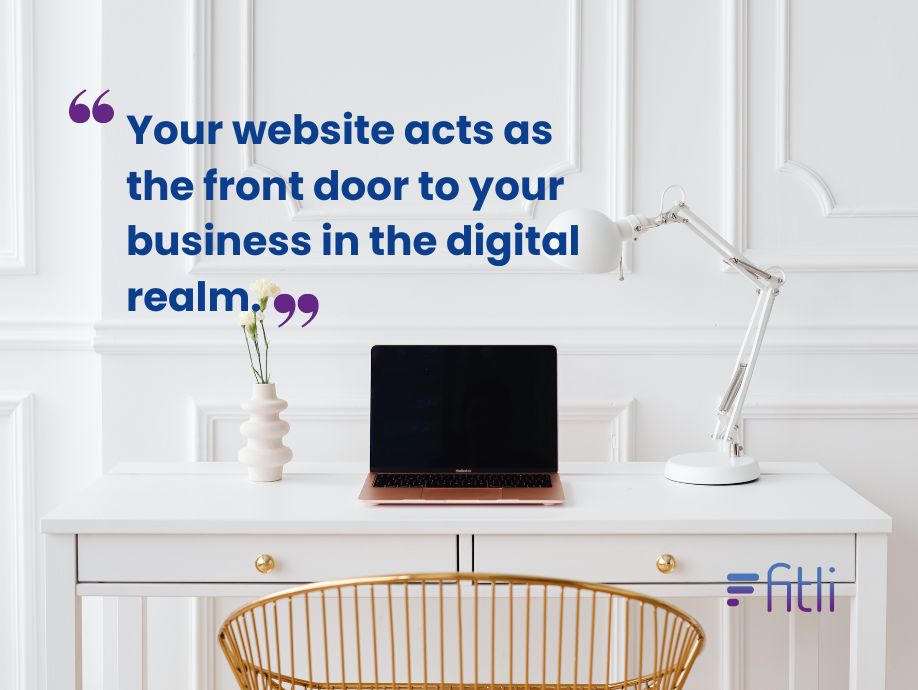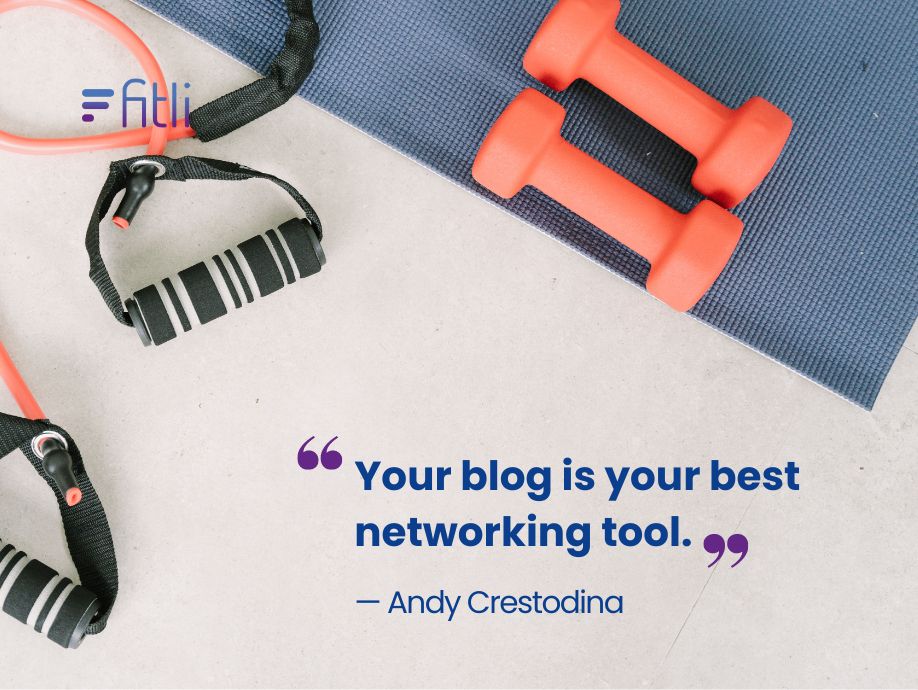Discover how a fitness business website can boost your brand’s online presence, credibility, and revenue to elevate your venture to new heights.
The health and fitness industry is a vast, rapidly growing market. There are thousands of gyms operating in the U.S. alone, with more opening every day. Each of them is competing for memberships and revenue from people who want to get fit and stay healthy. So how can you stand out from the crowd? The answer is simple: a great fitness business website.
In today’s digital age, a robust online presence is no longer just a luxury but a necessity. Websites are a critical part of your business’s marketing strategy. But it’s not just about having a website — it’s about having a good website. Online presence is the totality of all your digital assets. It’s everything you have online that you can use to influence your clients and prospects.
Whether you’re running a gym, Pilates or dance studio, or a personal training venture, a website can drastically elevate your brand’s visibility and credibility. Still on the fence? Here are compelling reasons why your business absolutely needs a great fitness website.








